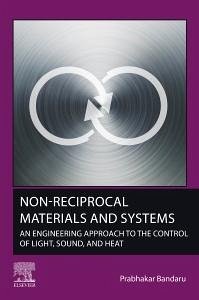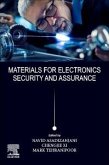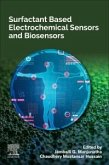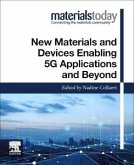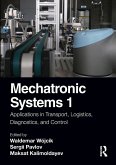Non-Reciprocal Materials and Systems: An Engineering Approach to the Control of Light, Sound, and Heat discusses the related concept of bound states which help confine sound and electromagnetic waves and can also lead to the control of thermal energy. The requirements for the formation of such bound states, their relationship to physical and topological characteristics of materials, and the possible application to new devices is considered. The book takes a unique approach to energy transfer in and between materials systems - considering dimensional effects, supersonic, transonic and subsonic wave motion, as well as the coupling of waves. This book is suitable for researchers in materials science, condensed matter physics, electrical, mechanical, and structural engineering, and technologists aiming for better control of non-electronic physical phenomena.
Hinweis: Dieser Artikel kann nur an eine deutsche Lieferadresse ausgeliefert werden.
Hinweis: Dieser Artikel kann nur an eine deutsche Lieferadresse ausgeliefert werden.

